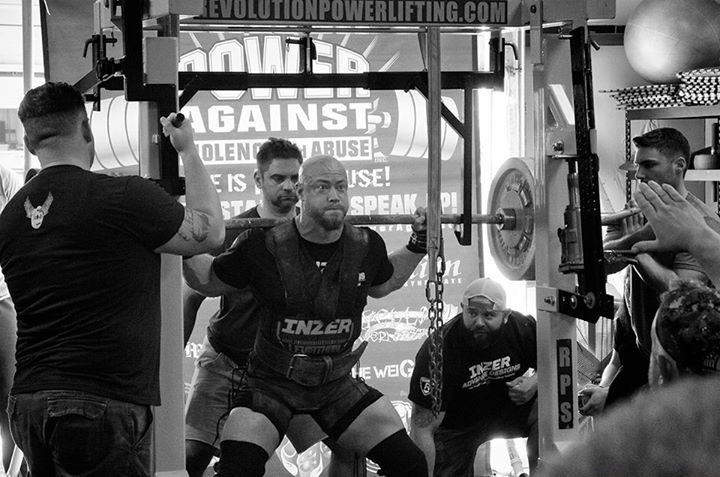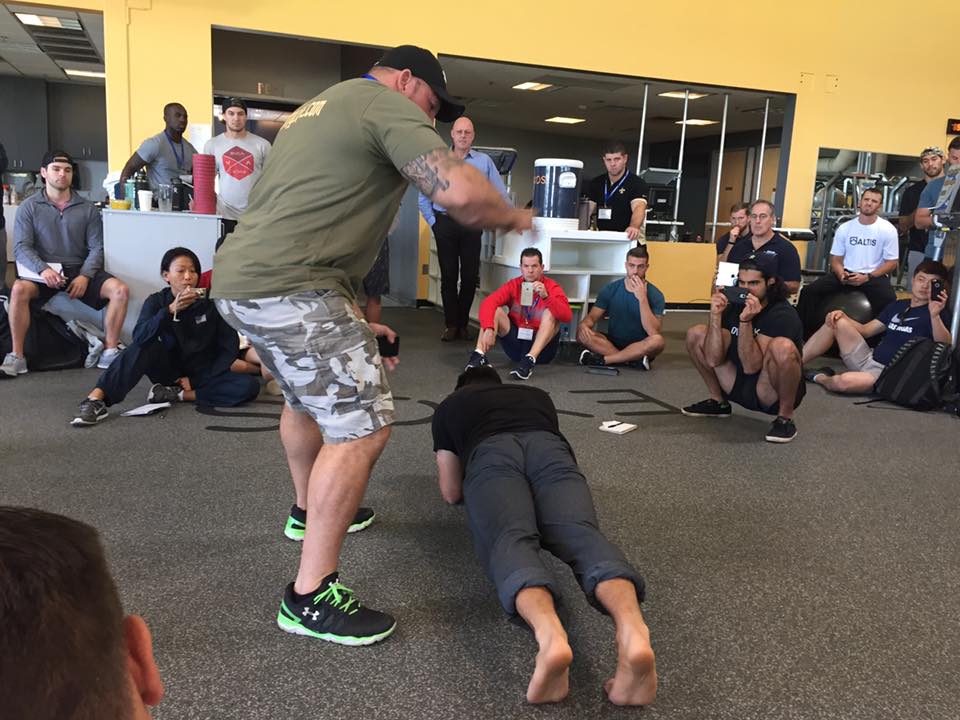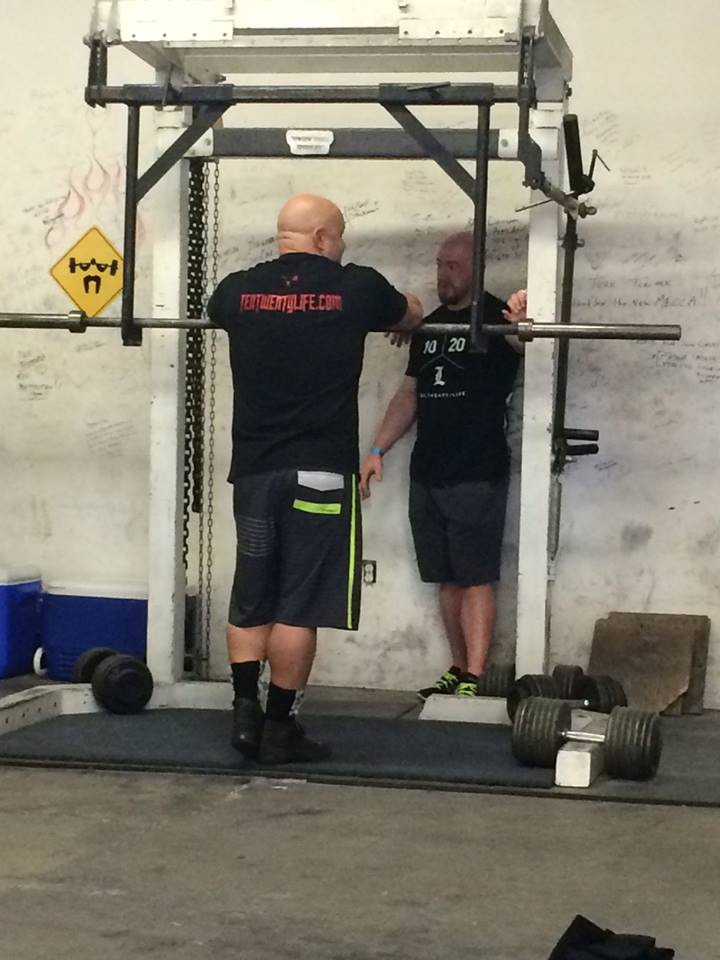
09 Dec Three Questions for Your Trainer
By: Will Kuenzel
When folks are just getting started in anything it helps to have someone to give a little direction. Get a handle of the basics and proper etiquette. The fitness world is the same way. Learning the basics is the best way to get started. Too many jump to routines they’ve read in magazines without any understanding of how to properly execute the movements. Learn how the body moves and should move before getting the latest bodybuilding routine off the internet.
[wa-wps]
For those that have been lifting for a while and get the bug to compete, there’s that desire to seek out help. Brian Carroll has harped on the things you need to ask your powerlifting guru before setting down that path with someone helping to oversee your training.
For some of us, powerlifting is our thing. We seek out others to train with, compete with, get better with. Not everybody has the desire to compete and that’s cool. Some are looking for improved health, more athleticism, or just to look better. They might not need a powerlifting guru but a personal trainer to help with that. To piggy back off of Brian’s article on questions to ask your guru:
Here’s 3 questions you need to ask your personal trainer.
1) Is this your full time job?
This is big. It’s not to say that some part time trainers aren’t good but the majority of your good ones will be doing it full time. They devote all day, every day to making both you and themselves better without distractions. Sometimes trainers just getting started need to a work a couple different jobs to make ends meet. It’s not easy building up enough clients to train full time and building that clientele takes times. Working the job full time ensures that the trainer is dedicated to it. They’re not distracted by another job that might be where they want their career to go. If they’re only putting in half the effort to their own job, how much effort will they put into your training? It’s a cruel thing to say that, but having been a personal trainer for over 10 years, I’ve seen folks come and go. I’ve seen the results that flashes in the pan give to their clients and it’s just not the same as a dedicated trainer.
2) How long have you been doing this?
In this industry, training full time for 2 years is ancient. Most of us don’t see the 3, 4, or 10 year mark. Personal training is tough. Not just getting clients but keeping them. You have to be worth it. Finances come and go. Trainers and their services are some of the first expenses cut when things get tough. It takes a combination of personality and versatility to survive for an extended amount of time. Those that survive the test of time are, more often than not, very good at what they do. They’re still around for a reason. Both because they enjoy it and also because they know how to get the results that clients want. This also leads them to be very experienced with a wide range of clients. I’ve trained men and women form the ages of 8 up to 91 years old for extended amounts of time. You don’t get that experience overnight. Ask your trainer if they have ever worked with anybody in your scenario. This can give you a bit more piece of mind if you’re on the fence as to whether or not you’re going to work with this person. Age and experience go a long way.
3) What is your education/certification?
This one is last because experience can trump education. Believe it or not, some states do not require you to be certified to be a personal trainer and some gyms don’t require it either. There are some certifications that carry more weight in the industry than others, but at least showing the initiative to have even acquired a weekend certification shows a desire to learn. Most certifications require them to be renewed so a specified amount of continuing educations units (CEUs) are necessary to maintain it. This ensures that the personal trainer is staying on top of the current research and is at least making some effort to better themselves. This industry is changing all the time. More information is being discovered about nutrition, physiology, and biology every year. Yes, the basics have always worked. And yes, the basics will always work but there’s come a point where getting into the details can have profound effects. Education and certifications can be the deciding factor on whether you’re going to get real fact-based information or some broscience that was discredited 5 years ago.
4) Optional question: Do you compete, or have competed, in anything?
This one is completely optional because it can go either way, but is a good question. Those folks that compete are really looking for every edge and have tried everything to get better. They are a walking fitness experiment. They’ve been injured, they’ve been through hell. They’re going to have experience that doesn’t come to those not willing to step up to the line. This can give trainers that compete a certain level of experience and awareness that those who don’t compete could never have. There are quite a few experienced and educated trainers that haven’t and don’t compete but they are few and further between.
Personal training is a service you, as the client, are paying for. It is your responsibility to find out all the information you can about your potential investment. Personal training is an investment in yourself. You should be learning, all while moving steadily towards your goals. Personal trainers aren’t miracle workers but they can be an invaluable resource if chosen correctly.
Low Country Strength
Latest posts by Low Country Strength (see all)
- LCS Off Season Week 7, Session 1-3 - February 20, 2019
- LCS Off Season Week 6, Session 1-3 - February 20, 2019
- LCS Off Season Week 5, Session 1-2 - February 20, 2019







Sorry, the comment form is closed at this time.